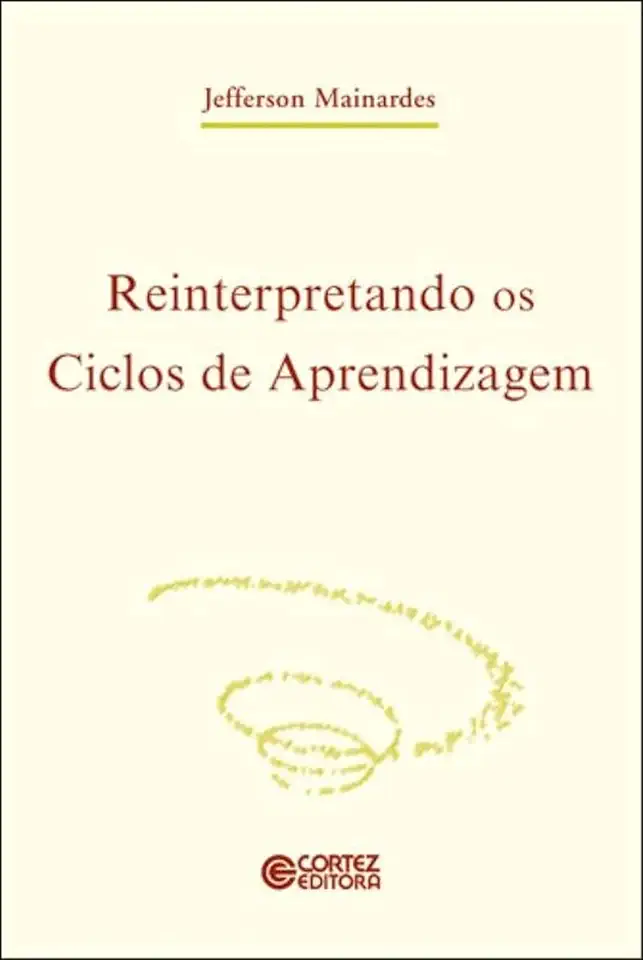
Reinterpreting the Learning Cycles - Jefferson Mainardes
Reinterpreting the Learning Cycles: A Revolutionary Approach to Education
Introduction
In his groundbreaking book, "Reinterpreting the Learning Cycles," Jefferson Mainardes presents a revolutionary approach to education that challenges traditional teaching methods and empowers learners to take control of their own educational journey. Drawing on extensive research and real-world examples, Mainardes argues that the current education system is outdated and fails to meet the needs of today's learners. He proposes a transformative framework that emphasizes active learning, personalized experiences, and the development of critical thinking skills.
Key Concepts
1. The Four Learning Cycles
Mainardes introduces the concept of four distinct learning cycles that individuals progress through as they acquire knowledge and skills. These cycles include:
- The Concrete Cycle: This initial stage involves direct experiences and interactions with the physical world.
- The Abstract Cycle: Learners move from concrete experiences to abstract concepts and theories.
- The Reflective Cycle: This phase encourages learners to reflect on their learning and make connections between different concepts.
- The Active Cycle: Learners apply their knowledge and skills to real-world situations, solidifying their understanding.
2. Learner-Centered Education
Mainardes advocates for a learner-centered approach that places the learner at the heart of the educational process. He emphasizes the importance of understanding individual learning styles, interests, and needs to create a personalized learning experience. This approach empowers learners to take ownership of their education and become active participants in their own learning journey.
3. Critical Thinking and Problem-Solving
In a rapidly changing world, Mainardes stresses the significance of developing critical thinking and problem-solving skills. He argues that rote memorization and regurgitation of information are no longer sufficient. Instead, learners need to be equipped with the ability to analyze, evaluate, and synthesize information to solve complex problems and make informed decisions.
Benefits of the Reinterpreted Learning Cycles
Mainardes' reinterpretation of the learning cycles offers numerous benefits for learners, educators, and the education system as a whole. These benefits include:
- Enhanced Learning Outcomes: By actively engaging learners in the learning process and catering to their individual needs, the reinterpreted learning cycles promote deeper understanding, retention, and application of knowledge.
- Development of Critical Thinking Skills: The emphasis on critical thinking and problem-solving equips learners with essential skills for success in the 21st century.
- Increased Motivation and Engagement: Learner-centered education fosters a sense of ownership and motivation, leading to increased engagement and a genuine love for learning.
- Preparation for the Real World: The application of knowledge and skills to real-world situations prepares learners for the challenges and opportunities they will encounter beyond the classroom.
Conclusion
"Reinterpreting the Learning Cycles" is a must-read for educators, parents, and anyone passionate about transforming education. Jefferson Mainardes provides a compelling case for rethinking traditional teaching methods and embracing a learner-centered approach that empowers individuals to become lifelong learners and thrive in an ever-changing world. By adopting the principles outlined in this book, we can create a more engaging, effective, and equitable education system that prepares learners for success in the 21st century and beyond.